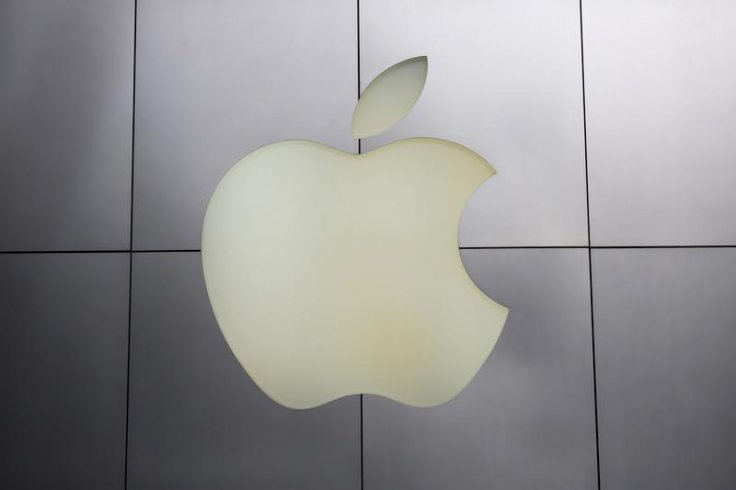Apple is being sued for $1 billion by an 18-year-old New Yorker, identified as Ousmane Bah, who claims that the multi-billion-dollar company made several false accusations of theft against him and caused "severe stress and hardship." The teen has filed a lawsuit at the Southern District Court of New York on Monday.
Bah was falsely linked to a series of thefts in Boston, New Jersey, Delaware and Manhattan. After multiple accusations of larceny were imposed on him, NYPD officers arrested him at 4 in the morning on 29 November, which caused him to miss school and a midterm exam. Detective Reinhold from the NYPD later pointed out that the photo of the suspect as on the arrest warrant did not resemble Bah.

The perpetrator apparently stole $1,200 worth of Apple merchandise from an Apple store in Boston and used Bah's lost non-photo interim permit to identify himself. As a result, the facial recognition software may have linked the perpetrator's face to Bah's name and address, leading to a wrongful arrest.
According to a report from The Verge, Apple claims to not use facial recognition technology in their stores, but Security Industry Specialists may have analysed the surveillance footage, possibly outside Apple's facilities to identify the culprit. SIS have been named as defendants along with Apple.
The lawsuit states that due to the charges "his entire life, including his education, has been deeply affected. As a result of being arrested in New York, as well as having to make trips to different states in response to charges filed against him, Mr Bah's attendance and grades suffered. Additionally, he suffered constant anxiety over the possibility of being arrested at any time for crimes he did not commit, and of which he had no knowledge."
Bah claims to have been at his senior prom in Manhattan at the date of the alleged offence. The charges against him have since been dropped in all states, except New Jersey, where charges for larceny still stand.
Apple hasn't issued a statement on the matter.
Apple's legal troubles seemed to have calmed for a while after its legal battle with Qualcomm ended with a 6-year global patent licensing agreement. But the latest lawsuit adds more visits to the court for Apple.
Read more









